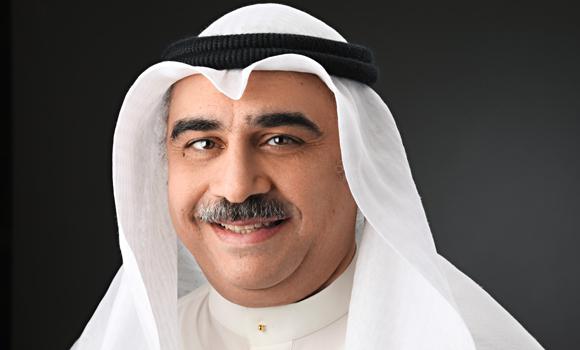
Jeddah, Feb 10: The Ministry of Labor has stepped up its efforts to contain the menace of illegal visa trading in the Kingdom with the help of foreign consultancy companies.
“The ministry is currently seeking the cooperation of international consultancy companies to conduct field studies on the labor contracting systems in seven major labor supplying countries,” Minister of Labor Adel Al-Fakeih said in a statement to a local newspaper.
The ministry does not want any loopholes or ambiguity in the laws that could be exploited for illegal recruitment practices, the minister added.
The ministry has banned all kinds of activities that could lead to trading in manpower including selling visas, taking money to facilitate entry or exit visas, getting iqamas or labor permits.
“Those who engage in illegal visa trading will not be allowed to import labor for a duration of five years and those who repeat the violation will never be issued a visa for labor recruitment again,” Fakeih said.
The ministry is also taking steps to ensure maximum transparency in matters pertaining to issuing visas and recruiting foreign labor. One such step the ministry is taking includes setting up a portal, in which contracting parties and embassies can track the processing of a labor visa from the moment it is issued until the completion of the contract agreement with workers, including the salary agreement upon.
“Custodian of the Two Holy Mosques King Abdullah has approved the appointment of 1,000 additional inspectors in the ministry. The Interior Ministry is collaborating with the Labor Ministry to set up a committee to halt the illegal trade of foreign workers. Saudization committees will also be reactivated for the same purpose. All these efforts will produce remarkable results in ending the illegal trade in the near future,” the minister added.
He said regulations such as the ones designed to curb commercial cover-ups and to limit the remittance of expatriate workers to the salaries stated in their contracts, aim to reduce the drain on the national economy.
Affirming the success of the ministry in providing employment opportunities for the Saudi youth the minister said, “The Nitaqat program has succeeded in employing 514,659 young men and women since it was implemented in June 2011.”
The country’s statistical department revealed that unemployment among men fell to 6.1 percent in 2012.
In addition, the minister highlighted that measures have been taken to prevent any kind of foul play in the implementation of the Nitaqat program. These measures include the ministry’s insistence that the lowest salary for a Saudi should be SR 3,000 and a student employed in the private sector would not be considered as a full employee.
The minister also stressed the ministry’s determination to continue its efforts to find more employment opportunities for women in the private sector.
“There is no turning back on the policy to employ women. We are striving to rectify mistakes and are striving to ensure that regulations are soundly implementation. The government’s orders and regulations are in line with Shariah law,” the minister said in response to objections from some members of the community about employing women.
The minister also affirmed the ministry’s strong stand against any criticism with regards to the recently introduced expatriate levy. He pointed out that the levy will not harm the private sector, but rather aims to regulate and improve the labor market.
“There are many countries that raise the cost of employing foreign workers in order to protect the local workforce. The labor levy in some countries is 10 times higher than the monthly SR 200 in the Kingdom,” he said justifying the ministry’s decision.





Comments
Add new comment